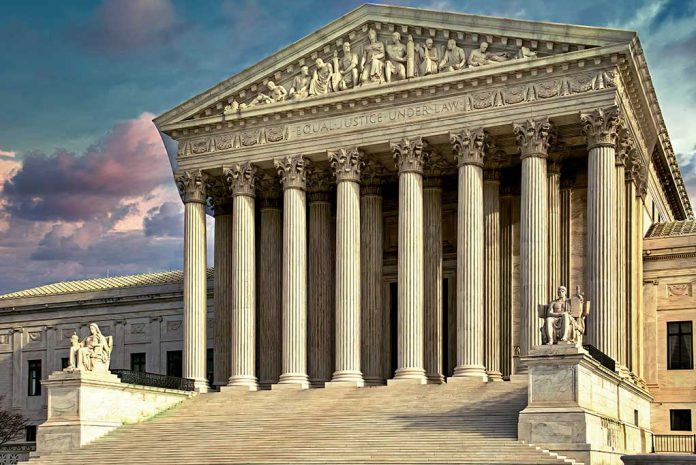
(RepublicanPress.org) – In early April, ProPublica came forward with an exposé detailing allegations against Supreme Court Justice Clarence Thomas. The report claimed he had accepted millions of dollars in travel gifts and other benefits without listing them in his mandatory financial disclosure forms. Three weeks later, POLITICO added fuel to the already raging fire when it published an article discussing Justice Neil Gorsuch’s similar failure to report the identity of the purchaser of a $1.825 million home he and his wake co-owned.
Then, in August, reports emerged that Justice Sonia Sotomayor’s staff members peddled her memoir and children’s book at colleges and universities, seeking her attendance as a guest speaker at public events. She has reportedly earned at least $3.7 million in book sales since she took the oath of office in 2009.
Conspicuously, the Supreme Court has operated since its inception without any formal ethics rules. Lawmakers, legal experts, court watchers, and the general public called on SCOTUS to remedy that situation, and that’s precisely what happened.
Supreme Court Unveils New Ethics Standards
On November 13, the Supreme Court released its nine-page Code of Conduct, a first for the nation’s highest court. The document release also included a four-page commentary providing additional insight into the new rules and a brief introduction.
The introductory statement explained that the court had always adhered to the “equivalent” of a set of “ethics rules.” However, amid the mounting controversy and misconceptions the panel wasn’t bound by any standards, the nine justices decided to promulgate and publish the Code of Conduct to “dispel” any “misunderstanding.”
The new code includes five canons or rules. Curiously, four contain discretionary language (“should”). That means the justices can decide whether or not to comply with them fully. Examples of “non-discretionary” language include the use of words like “shall” and “will.” In those instances, judicial authorities must follow the mandates set forth in rules, procedures, or statutes. The same holds when applying common law precedence.
Those canons include the following admonitions.
- Justices “should” uphold the federal judiciary’s independence and integrity;
- Justices “should” avoid any impropriety of the appearance of any in all their activities;
- Justices “should” perform their official duties diligently, impartially, and fairly;
- Justices “may engage” in activities outside their judicial duties consistent with the obligations of their judicial offices;
- Justices “should” refrain from participating in any political activity.
However, the nine justices didn’t include any information regarding the enforcement of the rules, like who would apply them and how.
Copyright 2023, RepublicanPress.org














